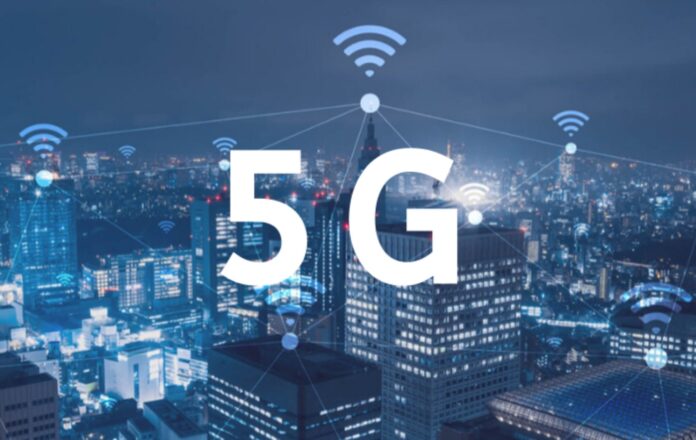Even when a technology is in the pipeline, talking about its impact is of utmost importance. Throughout the years, sci-fi has given us a bright picture of a mechanized future, inspiring us to reach that level of perfect interconnectivity. A case in point is Star Trek and its epic world of next-gen wonders. However, what’s more important than merely envisioning complex technologies is understanding their impact on the globe. One such technology, which is currently being rolled out, and has the potential to change our lives as we speak, is 5G.
The fifth generation of networking or 5G is a recent technology. Although it has been launched in many countries far and wide, it still has a lot to give us. The installation of a 5G network involves massive infrastructure costs, because of which, we don’t have a 5G network readily available yet. However, the important thing is to prepare for the impact it will create in the distant future. How will 5G change the way we communicate, interact, share, and live? Will 5G replace the prevalent technologies of cable or fiber internet, when service providers like Cox have already reached the 1 Gigabit speed barrier? Check more here.
In the meantime, let’s talk about the impact of 5G on the world:
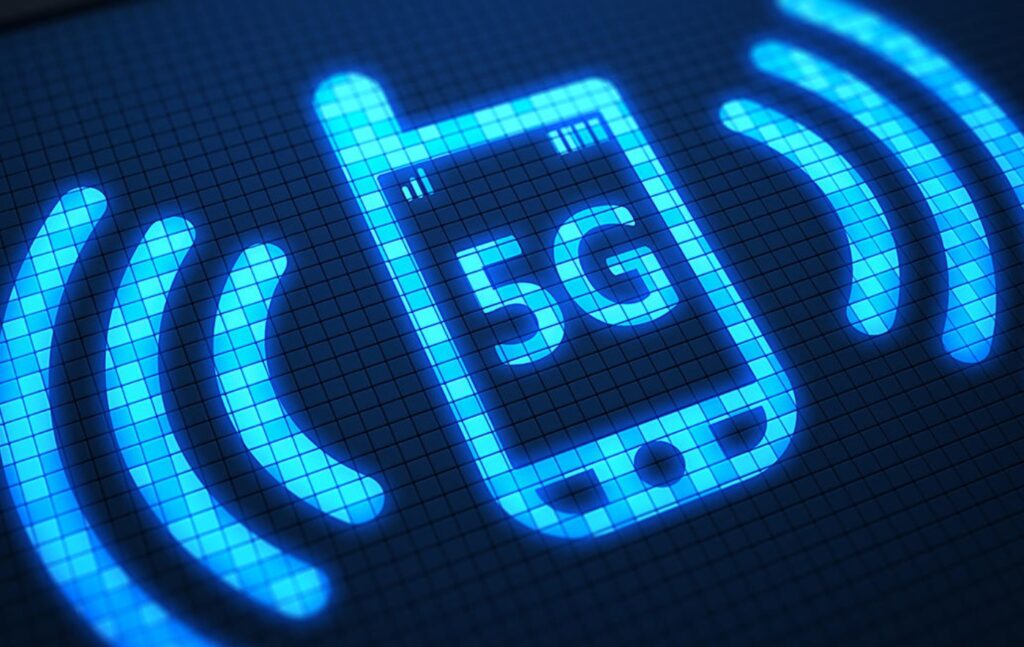
Higher Frequency Range
It will be an understatement to say that 5G is going to be fast. That is the purpose of new technology – to supersede the previous one in all departments. It is expected that 5G will be 100 times faster than the existing 4G networks. How is this possible? The answer lies within the core differences as to how these two operate.
5G will use a unique radiofrequency. This was absent in the 4G networks. So, cellphones work with the help of waves. They connect with the radio spectrum and that spectrum breaks into small bands. These bands have unique frequencies.
The existing 4G network consumes frequencies that are under 6GHz. This might be a big deal for someone visiting from the past. However, if you compare it with 5G, it amounts to nothing. 5G will use some very high frequencies, ranging from 30GHz to 300GHz.
However, if you are new to this, you might not understand how these frequencies work and make a difference. 5G will have a higher frequency, which means that it will be to support a greater amount of data transfer within a short period. Moreover, these frequencies are usually less cluttered than our current cellular networks. This means that they will be able to cope with the challenges of high-bandwidth in the future.
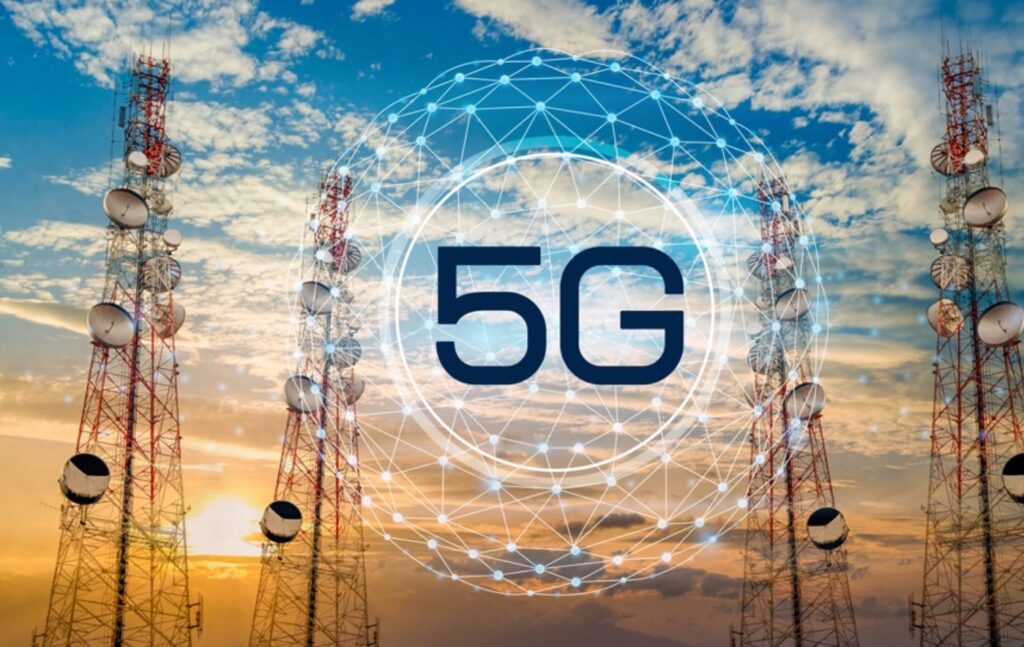
Speed Upgrades
The biggest impact of 5G will be on download speed. Back in the day, we had dial-up connections that could only deliver speeds up to 1 Mbps. Now, with the introduction of new networking technologies, we have crossed the gigabit barrier for residential customers. We were already getting ultra-fast speeds from 4G LTE but 5G will increase the speed 100 times. This means that our day-to-day activities will become a lot faster.
You will be able to download movies in a couple of seconds. Games that require 100GB additional download will only take a few minutes.
Zero Latency
In simple words, latency is the time taken by the data signals to reach the server and back again. Since the inception of network technology, the main aim has been to achieve lower latency. 5G networks will take the latency down to zero, with the data signals completing a roundtrip of data transmission in less than five milliseconds!
This means that the devices of our future will be controlled in real-time. The only limiting factor will be our reaction speed. IoT devices with 5G will be a match made in heaven.
This isn’t just limited to IoT products. Manufacturing, agriculture, and logistics will benefit greatly from reduced latency, one way or the other. Similarly, the worlds of virtual and augmented reality will have endless possibilities. The seamless connectivity will be able to bring a more immersive experience.
Lastly, if you love gaming, 5G will open exciting avenues for your online adventures. With their reduced latency, 5G networks will make sure that the data from your console takes less time to reach the gaming server.
When we talk about online gaming, we limit it just to download speed. Speed is the time taken by the internet to download data. Online games require a quick and rapid response from the gaming server. Only lower latency ensures a decent gaming experience. So, 5G will influence the next generation of gaming. You will not be needing consoles. You will be able to play games with your friends remotely on their consoles. Therefore, events that were not possible due to geographical restrictions can take place without any hassle.
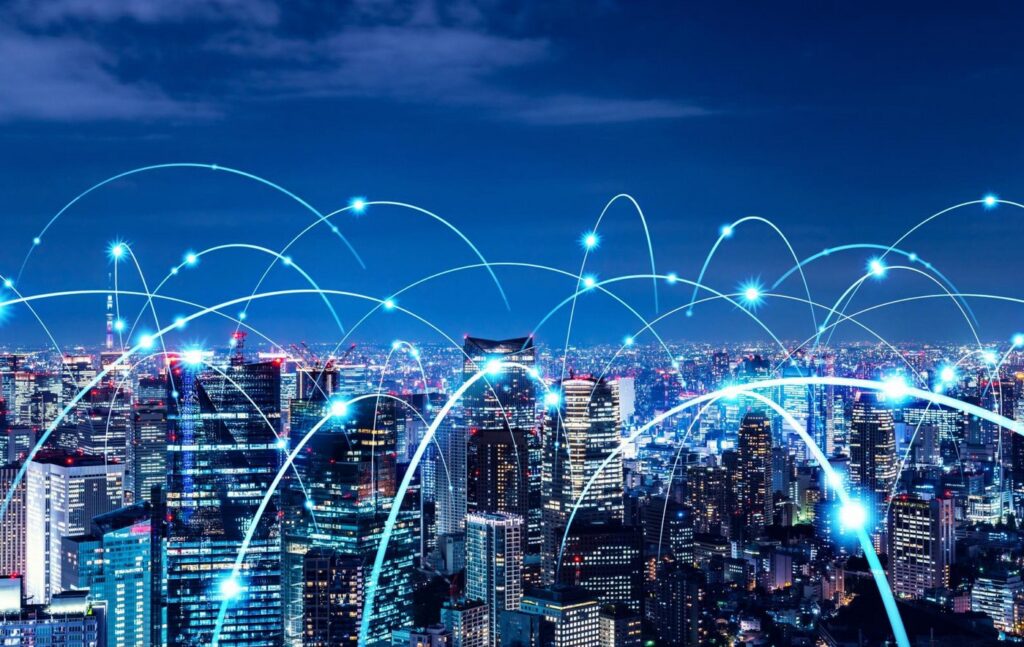
Globalized Healthcare
5G will make healthcare a global phenomenon. Hospitals will be able to treat patients remotely. They will be able to perform surgeries and complex procedures using digital avatars. This will have massive implications for healthcare worldwide.
Environment
Environmental health is a global crisis. We need to do something about it. Luckily, new technology is being developed to get data on weather conditions, crop health, moisture levels, chemical levels, pest control, and plant health. These connected devices will require a faster and reliable internet, and this is where 5G will make its contribution to climate control. Once the technology is in place, we will be able to reduce waste, soil erosion, and maximize crop yield.
Smart Buildings
5G will make our buildings smart. In the future, all our operations will be automated by 5G. The automation will control the HVAC, security, water use, and energy.
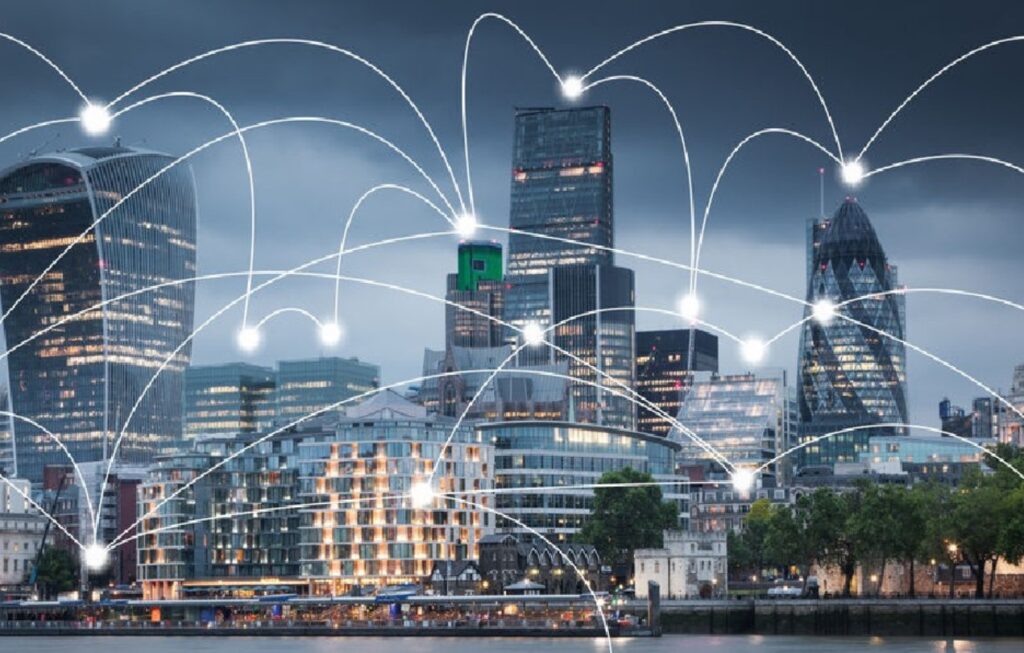
Smart Cities
5G will bring the dream of smart cities into reality. The IoT sensors after installation will be able to monitor everything and collect data. This data will analyze traffic patterns, energy utilization, and air quality. 5G internet will be able to power this data circulation using artificial intelligence. As a result, our processes will be automated.
In Conclusion
5G will leave a huge impact on our future, across various fields. So, until it commercially rolls out, let’s sit tight and prepare for a global-wide technological revolution.

